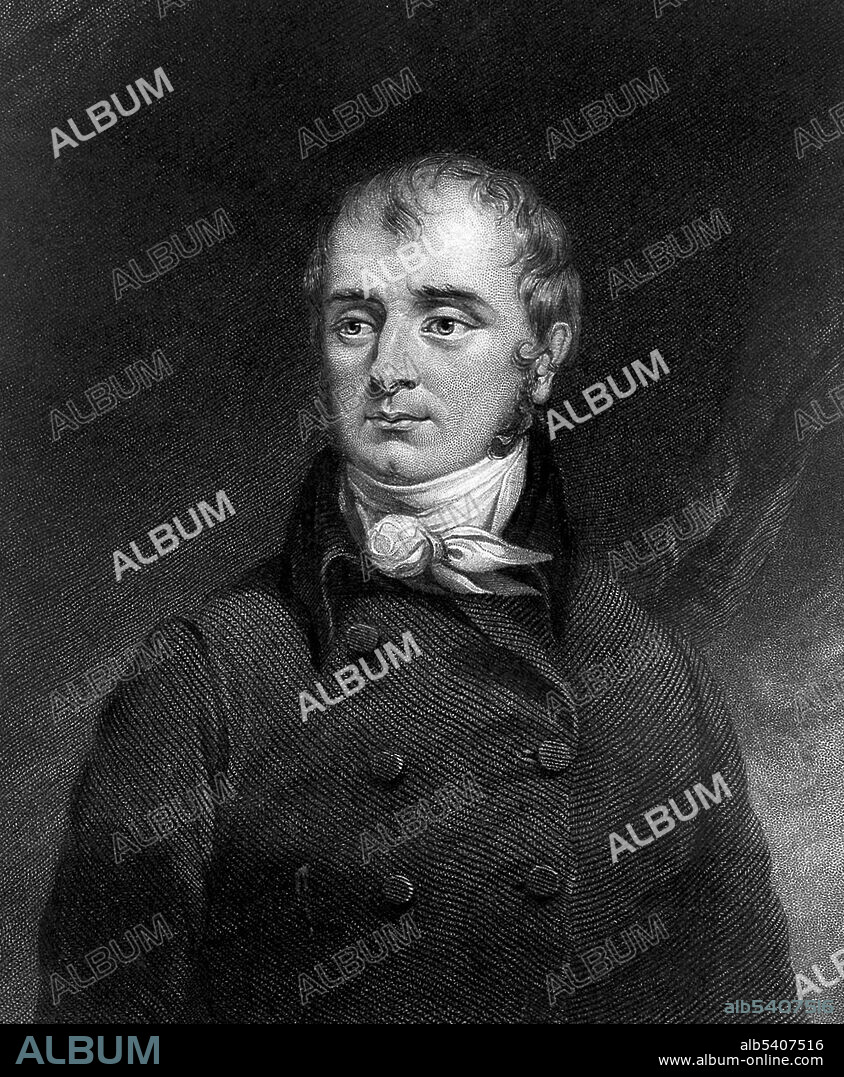alb5407516
Marie François Xavier Bichat, French Histologist

|
Añadir a otro lightbox |
|
Añadir a otro lightbox |



¿Ya tienes cuenta? Iniciar sesión
¿No tienes cuenta? Regístrate
Compra esta imagen

Título:
Marie François Xavier Bichat, French Histologist
Descripción:
Ver traducción automática
Marie François Xavier Bichat (November 14, 1771 - July 22, 1802) was a French anatomist and physiologist. Bichat is best remembered as the father of modern histology and pathology. Bichat's main contribution to medicine and physiology was his perception that the diverse body of organs contain particular tissues or membranes, and he described 21 such membranes, including connective, muscle, and nerve tissue. Bichat did not use a microscope because he distrusted it, therefore his analyses did not include any acknowledgement of cellular structure. He was the first to introduce the notion of tissues as distinct entities. He maintained that diseases attacked tissues rather than whole organs. Bichat defined life as "those set of functions which resist death". He thought animals exhibited vital properties which could not be explained through physics or chemistry. In 1796, he and several other colleagues formally founded the Société d'Emulation de Paris, which provided an intellectual platform for debating problems in medicine. He died at age 30, fourteen days after falling down a set of stairs at Hotel-Dieu and acquiring a fever. A. Cook after P. R. Vigneron, 1838.
Crédito:
Album / Science Source
Autorizaciones:
Modelo: No - Propiedad: No
¿Preguntas relacionadas con los derechos?
¿Preguntas relacionadas con los derechos?
Tamaño imagen:
3339 x 4050 px | 38.7 MB
Tamaño impresión:
28.3 x 34.3 cm | 11.1 x 13.5 in (300 dpi)
Palabras clave:
1802 • BLANCO Y NEGRO • FAMOSO • FRANCES • HISTOLOGO • HISTORIA • HOMBRE • MEDICINA • PERSONALIDAD • RETRATO DE HOMBRE • SIGLO XIX • SIGLO XVIII
 Pinterest
Pinterest Twitter
Twitter Facebook
Facebook Copiar enlace
Copiar enlace Email
Email
